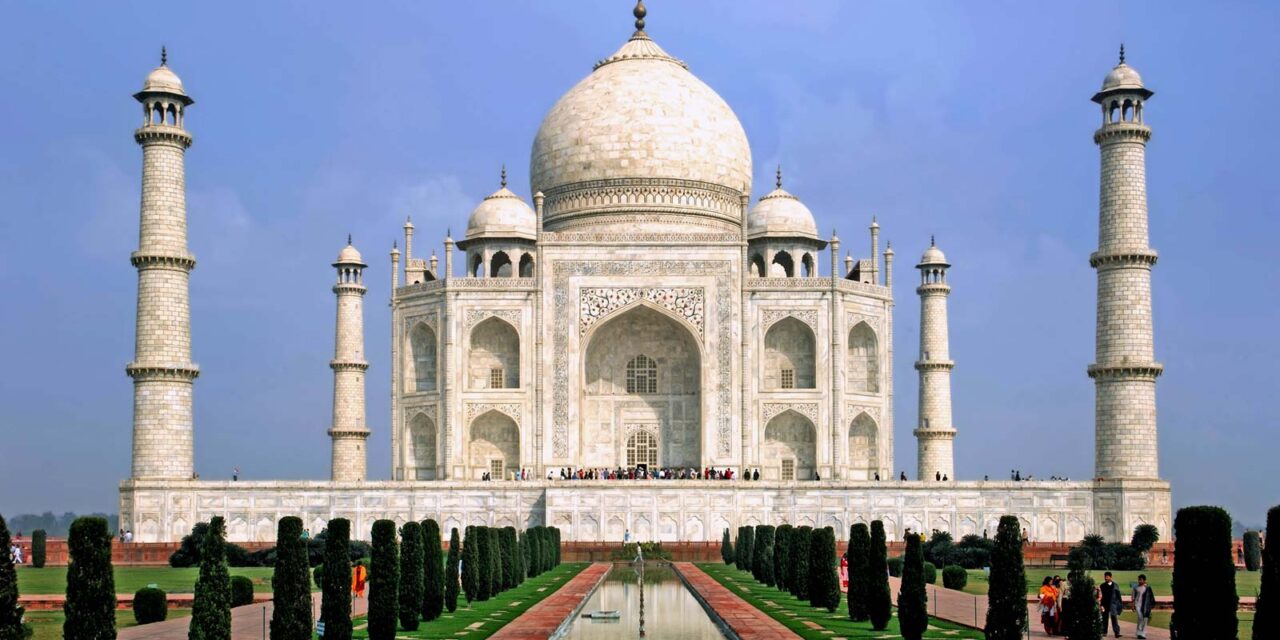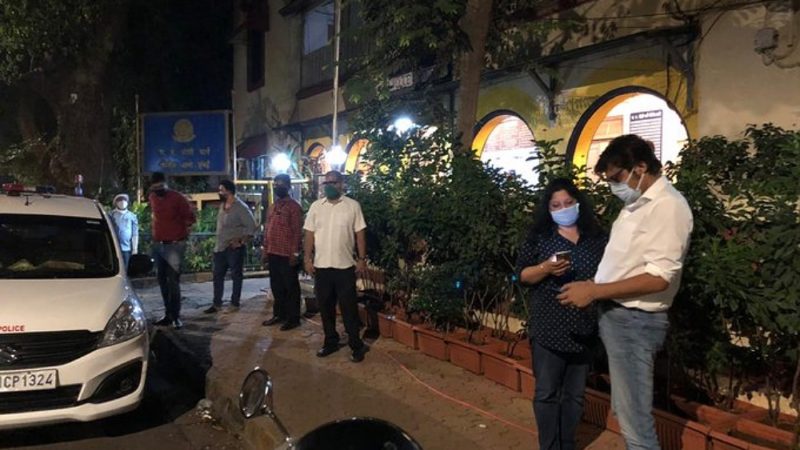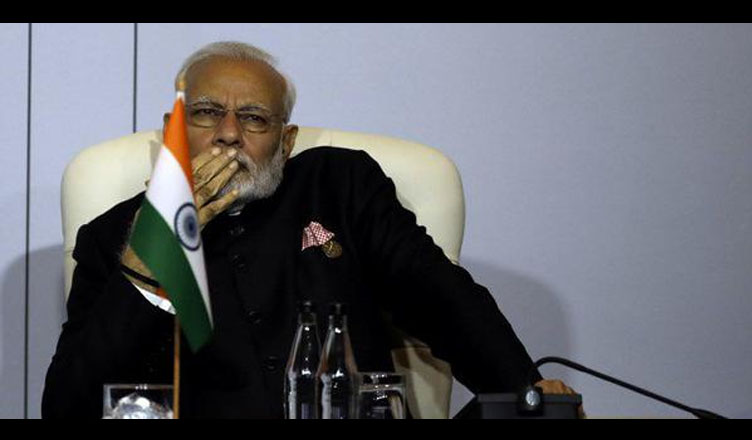The Lucknow Bench of the Allahabad High Court on Thursday dismissed a plea seeking the opening of certain rooms of the Taj Mahal to put to rest the “alleged history” of the monument.
When the matter was taken up by a Bench of Justices DK Upadhyay and Subhash Vidyarthi, the petitioner urged the Court to allow opening of the rooms of the monument in light of “freedom of information”.
According to Bar and bench , The Allahabad Highcourt Bench, however, took exception to the plea, stating, “Tomorrow you’ll come and ask us to go to chambers of Hon’ble judges? Please, don’t make a mockery of the PIL system.”
The petition was filed by one Dr Rajneesh Singh, who claimed to be the media in-charge of the Bharatiya Janata Party (BJP) Ayodhya unit.
The plea, filed through Advocate Rudra Vikram Singh, argued that many Hindu groups have been claiming that the Taj Mahal is an old Shiva Temple which was known as Tejo Mahalaya, a theory that was supported by many historians as well.
Singh stated that there are 22 rooms situated in the upper and lower portion of the four-storied building of the Taj Mahal that are permanently locked and historians like PN Oak and many Hindu worshippers believe that a Shiva temple lies in those rooms.
The plea sought a direction to the government to constitute a fact-finding committee and to “look for important historical evidence” like idols and inscriptions that are believed to be hidden inside the Taj Mahal on the orders of Mughal emperor Shah Jahan.
During the hearing, the Bench told the petitioner that such debates were welcome in informal settings, but not in a court of law. “I welcome you to debate the issue with us in the drawing room and not in a court of law.”
The petitioner argued that there was a truth that the citizens of the country needed to know about the Taj Mahal.
“I have also filed many RTIs. I got to know about many rooms which have been locked and the authorities said that those rooms are locked because of security reasons.”
He said his main concern was about the closed rooms, and everyone should know what was behind those doors. “I’m not on the fact that the land belongs to Lord Shiva or Allah-o-akbar,” he clarified.
The State opposed the plea on the grounds of lack of jurisdiction. Its counsel argued, “There is no jurisdiction and the petitioner lacks territorial jurisdiction. There is already a suit filed in Agra.”
The Court also expressed its displeasure at the plea, saying, “Are these issues debatable in a court of law? Are we judges trained and equipped with such things?”
The judges also stressed that there had to be an infringement of a right and only then could a writ of mandamus, as prayed for, be issued.
Responding to the petitioner’s argument regarding “right to information”, the Court asked if the study sought was in any way connected to the right to information.
The Bench further said, “Go and research. Do M.A. Do PhD. Then choose such a topic and if any institute disallows you to research on such a topic. Then come to us. Please enrol yourself in MA, then go for NET, JRF and if any university denies you to research on such topic then come to us.”
On the request of the petitioner, the Court agreed to hear the matter after lunch, so that he could submit judgments on the issue.
However, during the post-lunch session, an unimpressed Bench said, “What are you seeking is exploration of facts by way of a committee. That’s none of your rights and it’s not under the ambit of RTI Act.”
And then It went on to order, “We are of the opinion that the petitioner has called upon us to give a verdict on completely a non-justiciable issue.”
This is not the first time that such claims regarding the “Tejo Mahalaya” have surfaced before the courts. In response to a suit filed in Agra by six advocates claiming that the Taj Mahal is Tejo Mahalaya Temple palace, the Central government in 2017 stated that the claim is “concocted” and “self-built”.









